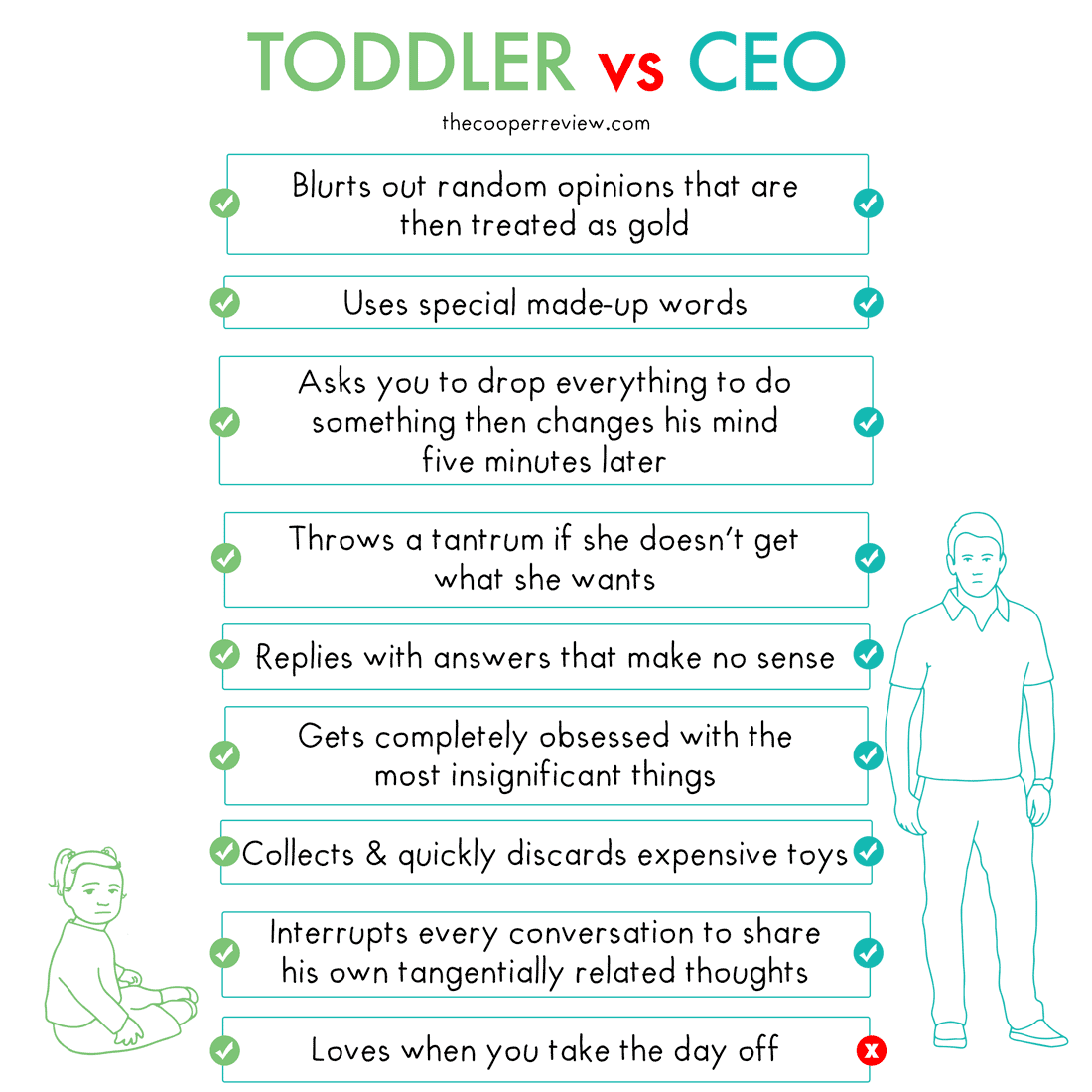Kind of highlights that salaried employees basically have no worker protections. Boss says work 100+ hours, you work that many. Period.
- You can tell the boss you are not going to work the hours and see what happens.
- You can find another job where the boss is not stupidly burning out their employees.
![[H]ard|Forum](/styles/hardforum/xenforo/logo_dark.png)


